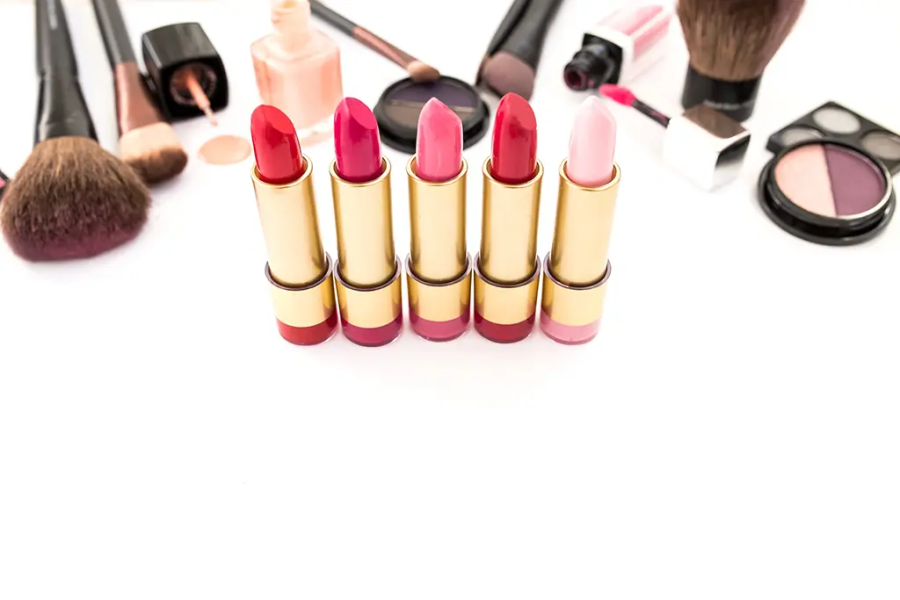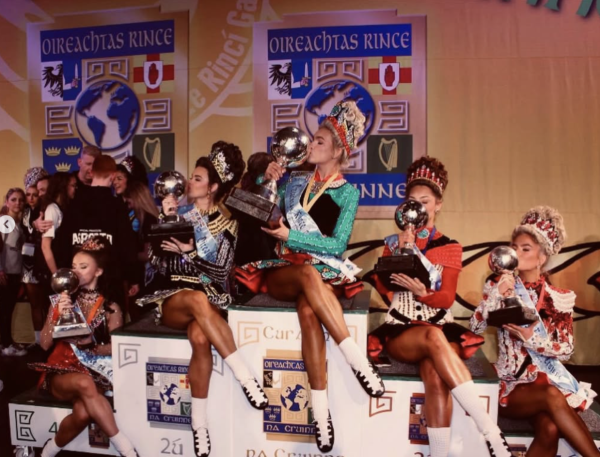Glow Up to feel “Good enough”; Only now, it’s not real enough
A main character undergoing a physical transformation in which they change from being extremely awkward to gaining the attention of their crush is a plot that has long been captured on the big screen and in movies. This reinforces the idea that we need to look a certain way to deserve recognition and love. As if this wasn’t enough, we are also constantly given social media updates and exposure to unbelievable celebrity transformations and glow ups, from Kylie Jennar to Blackpink Lisa to Bella Hadid. Whilst there’s nothing wrong with going through artificial glow ups by using better skin care products and makeup, these celebrity transformations do not come at a low cost.
When we move away from the movie screen to influencers, celebrities, and even the people around us, the idea remains that a certain amount of money needs to be spent to call a transformation a glow up. Nobody knows exactly when it became a trend, but social media is putting a large price tag on these glow ups. Although it’s really important to invest and spend money on yourself, the way the costs of these glow ups are essentially thrown under the rug is what defines glow up culture as a marketable item of consumerism.
Glow up culture is largely shaped by the marketing geniuses of different industries, from designer bags to hair salons to fancy nails. Girls of all ages are targeted by the media campaigns that promote extreme glow ups within a short amount of time (also known as artificial glow ups). This makes them seem worth the hype and also attracts girls to the idea of gaining attention for their new look. To some extent, it is concerning to see how girls allow consumerism and brands to capitalize on their insecurities, proudly showing the price they paid to receive that extra dose of validation.
The premise of the glow up culture is that the before-image is one unworthy of mention (and is not “pretty or good enough”), while the after-image is praised for being an improvement (making it “good enough”). However, my opinion is that the artificial after-image is not real enough.
Yes, many of us want to be validated. Yes, we want to look pretty. But are the huge price tags attached to your new lash extensions, makeup, jewelry, and outfit, as well as those long hours you spent on this appearance makeover really worth that little dose of attention you wish to get?








